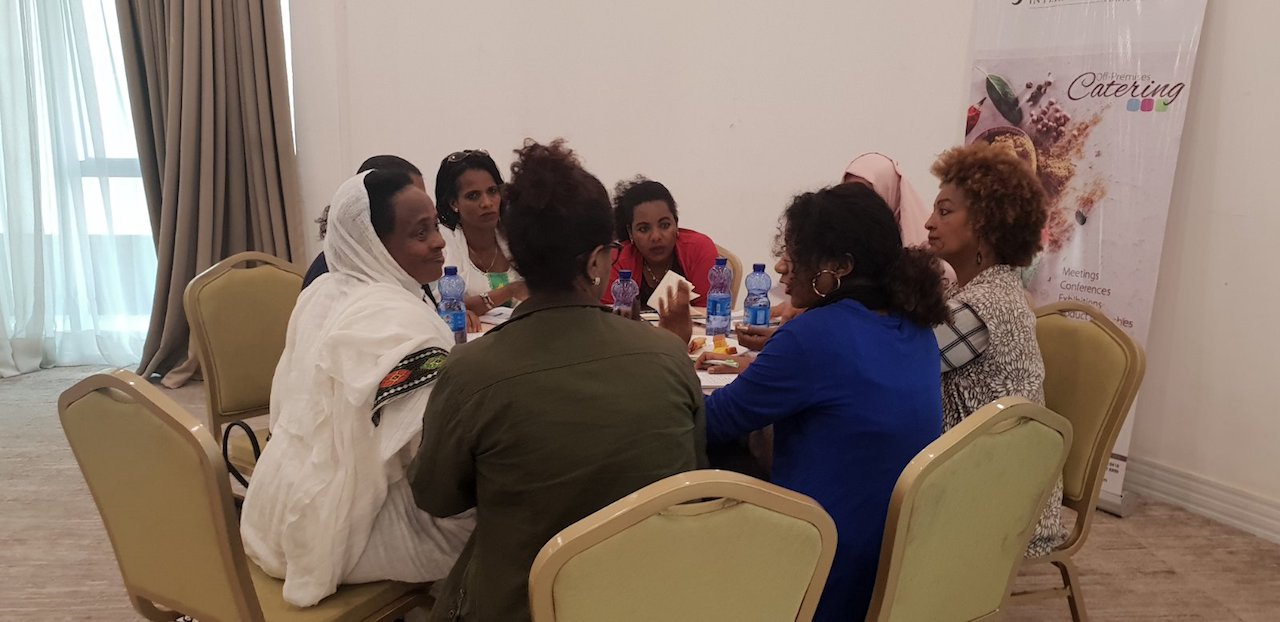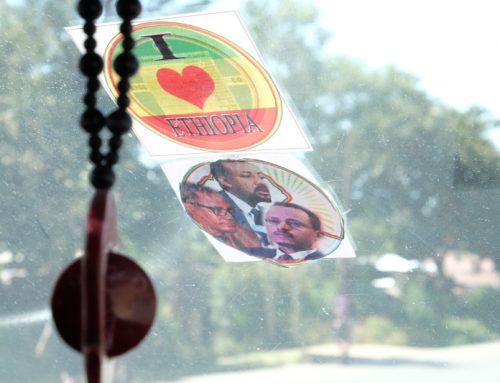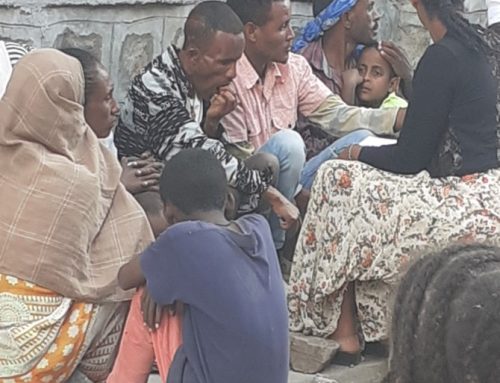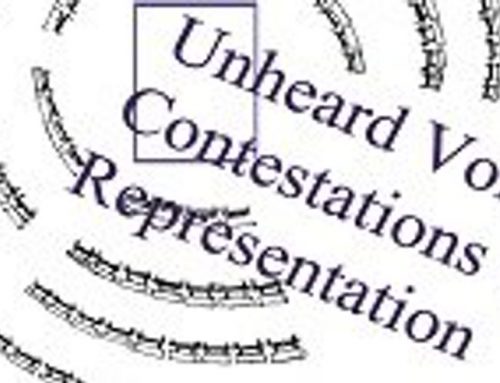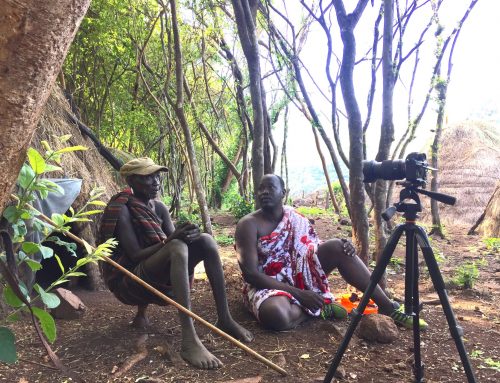Mahlet Fitsum, Esayas Tefera, Elizabeth Mengistu
Almost 40% of seats in Ethiopia’s House of People’s Representatives were won by women in 2015 but having entered the country’s primary political institution they continued to struggle within the confines of a largely patriarchal society. If we understand democracy not as a goal, but as a continuous strengthening of institutions, then the sizeable number of women Parliamentarians alone is not sufficient to forge the kinds of democratic transitions that people in Ethiopia aspire to. Once elected, women leaders face severe challenges within Parliament and within their own political parties, and can struggle to find a voice. This project explored these challenges and made a series of recommendations about the need to recognise and harness the active political capacity of women as part of Ethiopia’s ongoing political reform.
Using qualitative methodologies, the project team sought to better understand how women evaluate women leaders and their effectiveness as political representatives, what role patriarchy within political institutions plays in preventing or holding women parliamentarians back from fulfilling their representative duty towards other women, and how they seek to overcome these challenges. They have also been looking at how women are empowered by their participation in informal traditional activities and how they combat institutional barriers. They collected data from Addis Ababa, Assosa, and Awasa, thereby spanning women Parliamentarians’ experiences across a range of ethnicities and localities.
The research demonstrated that women parliamentarians are less active than their male counterparts in both the legislative and executive branches of politics. They exhibit high degrees of loyalty to their political party, which limits their participation in parliament including speaking out on issues affecting women in their constituencies. Hence, there is a sense of symbolic representation with limits in practice. Furthermore, parliaments appear to be designed for men – rigid rules and protocols take little account of the lives and responsibilities of women leaders outside of politics, thereby excluding them from the structures of power. However, despite these barriers, and others resulting from cultural patriarchal norms, women parliamentarians often engage in iqub and idir, characterised by informal grassroots gatherings, sociality, and exchange of knowledge and experience amongst women. Through participation in these long-standing political associations, they come to a closer appreciation of women’s needs and issues and can leave with a sense of their political capacity to change and improve things.
Based on their research findings, the team made a series of recommendations about raising the visibility and voice of women in politics in Ethiopia, including: adopting gender equality frameworks and practices that institutionalise equal participation in politics and leadership more broadly; prioritising women’s education and accessibility to senior level jobs; creating more space and visibility in the media for women activists to provide counterpoints to male-dominated discourses; addressing structural barriers to women’s participation in politics and other areas of national life; strengthening the women’s parliamentary caucus to better enable it to empower and support women leaders; and enshrining the continued relevance of informal grassroots gatherings as a means of generating dialogue amongst women that women leaders can draw upon to become more actively politically engaged.
About the research team
Mahlet Fitsum holds advanced degrees in Law and is a practising lawyer, researcher, gender specialist, human rights, and democracy expert. She regularly appears on television and radio and works with a range of local and international civil society and non-government organisations on these issues. She has also worked with the Ethiopian Parliament as a trainer on ‘Women, Leadership and Democracy’.
Esayas Tefera is a social anthropologist with a master’s degree in public policy and Management. He has been actively engaged in the civic and political domains as a research consultant relating on political and social issues affecting Ethiopia’s youth with organisations such as UNICEF, the British Council and the Ethiopian Development and Research Institute.
Elizabeth Mengistu is a graduate in political science and international relations as well as holding a Masters degree in Ethiopian literature and folklore. Her work focuses on improving socio-political participation, particularly among women and youth, and she has produced radio programmes on society, culture and the arts, and she now coordinates projects relating to women and children.

